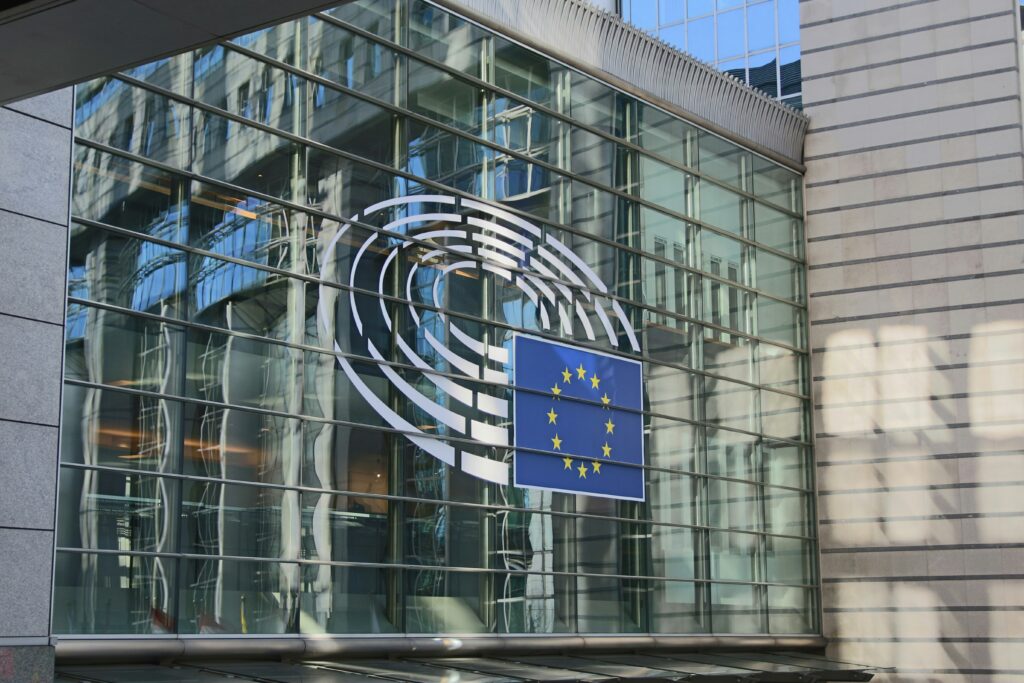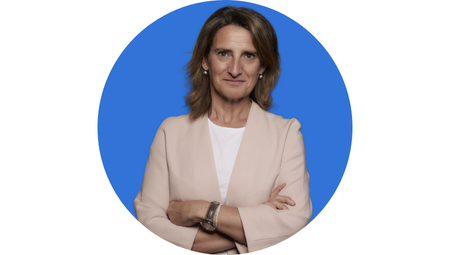European Parliament Approves von der Leyen’s Second Commission


After months of deliberation and political maneuvering, the European Parliament has given its approval to Ursula von der Leyen’s team for her second term as President of the European Commission. The process, which began with the European elections in June, involved intense negotiations and evaluations that highlighted the shifting dynamics of European politics. Between 4 and 12 November, Parliament conducted 26 public hearings totaling 72 hours. During these sessions, nominees for European Commissioners outlined their priorities in written statements and faced rigorous questioning from lawmakers.
For the first time since 1999, no Commissioner nominee was rejected, fueling speculation about a “package deal” among major political groups. After resolving the final seven pending nominations on 27 November, the Parliament approved the full College of Commissioners, comprising 26 members, including six Executive Vice Presidents. The new team officially assumed office on 1 December, marking the beginning of a pivotal term for the European Union.
This outcome reflects the evolving political landscape in Europe, setting the stage for the Commission’s work in the coming years.
The newly appointed European Commissioners have outlined their priorities for the next term, with a strong emphasis on sustainability, climate action, and industrial competitiveness.

Committed to: 2040 Climate Target, Clean Industrial Deal, Circular Economy Act, and Water Resilience Strategy.

Committed to: Clean Industrial Deal, Circular Economy Act and Chemicals Industry Package.

Committed to: Circular Economy Act, Single Market for Waste, and Water Resilience Strategy.

Committed to: 2040 Climate Target and Taxation for the Clean Economy Transition.